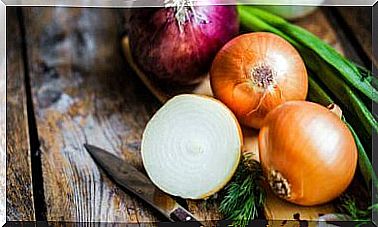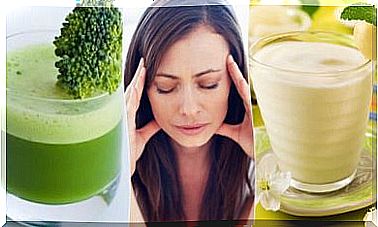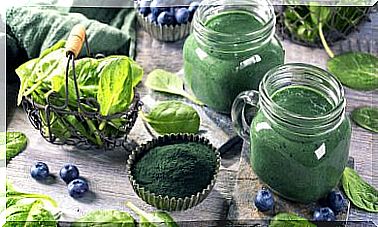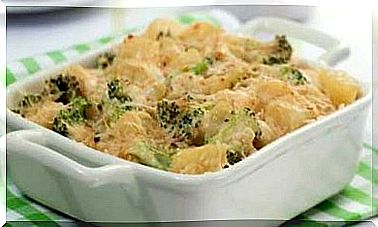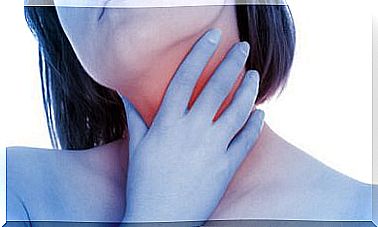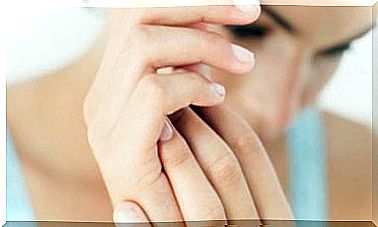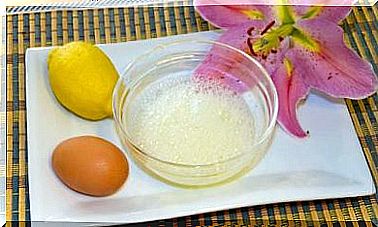Low Blood Pressure: How To Regulate It And What To Do When It Drops?
Low blood pressure refers to the pressure that blood exerts on the walls of the arteries during cardiac relaxation. There are two types of blood pressure: systolic and diastolic.
The first refers to the pressure that the blood reaches in the arteries during contraction (systole), while the second refers to the pressure of the blood during cardiac relaxation (diastole).
That is, we are referring to high pressure and low pressure. Pressure changes are normal. For example, blood pressure rises when we exercise. This is because in these circumstances the cardiac output (the amount of blood that the heart ejects per unit of time) is higher, a consequence of a greater demand for oxygen by the muscles.
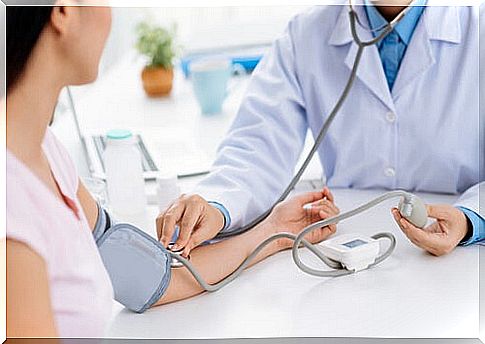
The decrease in blood pressure, among other examples, occurs when we sleep. That is, both phenomena are normal processes, but they must be controlled. If the pressure drops too low we can suffer fainting, dizziness, nausea, paleness and fatigue.
The two types of pressure are measured in millimeters of mercury, with normal values between 105 and 120 for the maximum and 60 to 80 for the minimum.
It must be clarified that hypotension is not a disease, it is a personal characteristic that provides certain advantages, such as having less risk of suffering from cardiovascular diseases as age advances.
However, this condition can alter life and health if it is not controlled. It can cause dizziness and fainting; and what is more, it can cause damage to the heart and brain due to lack of blood supply and oxygen.
What can regulate blood pressure?
Blood pressure depends on two factors: cardiac output (the amount of blood that the heart ejects per unit of time) and total peripheral resistance (resistance of the vascular system to the flow of blood). The mechanisms that control either of these two factors can modify blood pressure.
From the physiological point of view, the regulation of blood pressure depends on the cardiovascular regulatory centers of the central nervous system (CNS) and the autonomic nervous system. Both structures can send control signals to different organs:
Heart
They tell you to regulate the rate and force of your heartbeat to control the amount of blood you pump.
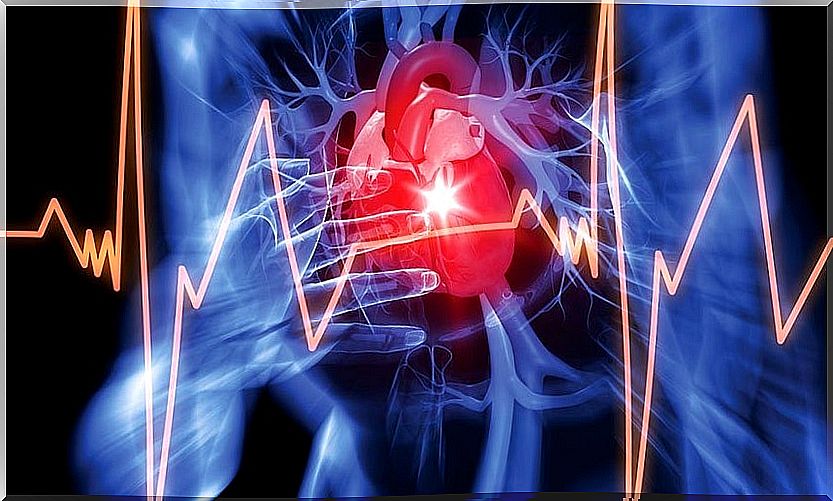
Kidneys
They control the level of the water fraction of the blood. They remove excess water that leads to a decrease in the amount of blood and, therefore, in blood pressure. If not, they can transfer water into the bloodstream, thereby increasing the amount of blood and thus blood pressure.
Blood vessels
They can control blood pressure by increasing or decreasing the lumen of the vascular system. This is achieved by contracting or relaxing the muscles that make up the blood vessels.
Orthostatic hypotension
This is a type of low blood pressure; It occurs when you get up quickly from a place after being still for a long time, as it decreases the flow of blood to the brain. It is not a disease, it is an inability to regulate pressure quickly, which causes vertigo, slight dizziness, blurred vision or fainting.
Sometimes it occurs as an adverse reaction to certain medications, and could even be related, according to some research, with tobacco use.
It can also occur as a result of other conditions such as:
- Heart problems.
- Endocrine disorders.
- Diseases of the nervous system.
- Dehydration
What should be done when blood pressure is lowered?
In general, hypotension tends to affect women and sedentary people to a greater extent , according to various studies. It also has a higher incidence in advanced ages, especially, from the age of 70.
In the event of a voltage drop, the following is recommended:
- Drink between two and three liters of water a day including broths, juices and hydrating drinks.
- Include carbohydrates in breakfast, such as cereals, bread, milk, yogurt.
- You should never start the day without consuming food.
- Eat well and also include fruits between meals.
- Choose nutritious foods, such as fruits, vegetables, cereals, dairy, pasta, rice, eggs, and lean meats.
- You should not go on a diet without consulting a specialist.
- Avoid alcoholic beverages, as they dilate blood vessels causing blood pressure to drop.
- Resorting to food supplements, especially those containing ginseng, these avoid physical and mental fatigue.
- At the time of feeling dizzy and fatigued, you should moisten your forehead with cold water, rest for a while and drink a hydrating drink.
Low blood pressure should not limit your daily routine, as it can be controlled very easily. However, it is better that before this problem you go first to your trusted doctor.
If you follow their recommendations, you will have no problem and you can lead a normal life without setbacks.
